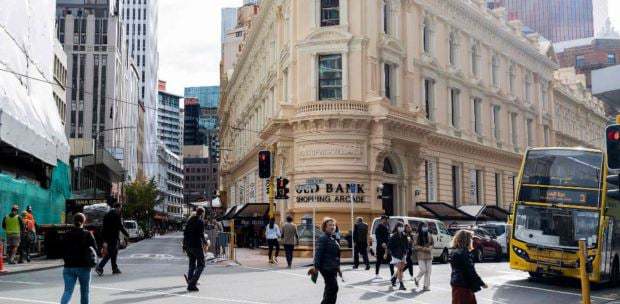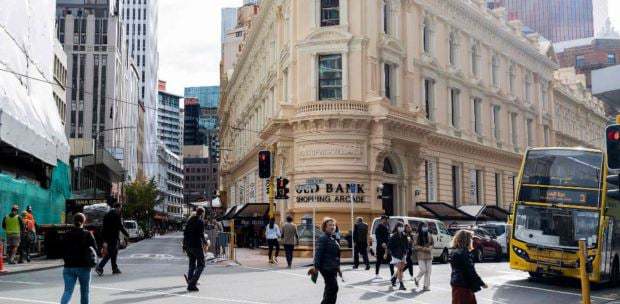WELLINGTON: New Zealand's government on Thursday outlined a soft economy, rising unemployment and a weaker balance sheet as it delivered modest tax relief but lowered new spending and faced criticism for neglecting the country's Indigenous population.
"This budget won't fix all of New Zealand's economic challenges on its own and there is much more to do, but it does show what is possible with care and discipline," New Zealand Finance Minister Nicola Willis said in her inaugural budget statement.
Since being elected last October, the centre-right coalition government has faced a worsening economic situation with New Zealand now in a technical recession and domestic inflation remaining stubbornly high.
The National Party of Prime Minister Christopher Luxon had promised financial relief for middle income New Zealand who are dealing with rising living costs, high mortgage rates and record house rental prices.
Changes to personal income thresholds and tax credits would provide a NZ$3.7 billion boost to lower- and middle-income earners.
"Even as wages have struggled to keep pace with inflation, Kiwis have been dragged into higher and higher tax brackets," Luxon said in a statement.
The changes are being in part funded by cuts to back-office functions and initiatives put in place by the prior government, with the government facing criticism that these were unfairly targeting New Zealand's Indigenous Maori population.
Protesters supporting Maori rights rallied across the country on Thursday, including a large group gathered outside parliamentary buildings waving Maori sovereignty flags.
Protester Christina Taurua said she felt new government policies reduced economic and political rights of Maori.
"We are here to have a voice and back those who are collectively working to make things right, not just for us Maori but for the people of New Zealand," she said.
Willis rejected criticism that funding had been cut more on programmes that benefit Maori and argued new initiatives would benefit all New Zealanders.
The budget, which reduced new operating spending and outlined big savings in housing, tertiary education, conservation and environment spending along with smaller cuts across many agencies, saw NZ$2.68 billion for roads, rail and public transport, and NZ$2.1 billion for law and order.
Chris Hipkins, leader of New Zealand's largest opposition party Labour, said the budget delivered little capital expenditure in important areas of health and education.
"In New Zealand we work together for the good of the many – not the few. This budget does not deliver in that spirit," said Hipkins in a statement.
DEFICIT WIDENS
The government predicted a budget deficit of NZ$11.07 billion or 2.7 per cent of gross domestic product for 2023/24 and now expects to return to surplus in 2027-28, a year later than in its December forecast.
Martin Foo, an analyst at S&P Global Ratings said public debt was not a material constraint on New Zealand's sovereign rating and it anticipates net government debt to stabilise at around 35 per cent of GDP, a few percentage points above previous expectations.
The government has stressed reducing new spending will help contain inflation, currently at 4.0 per cent and above the central bank's target of 1 per cent to 3 per cent.
Zoe Wallis, investment strategist at Forsyth Barry, said the overall impact of fiscal policy will still be contractionary, although by less than forecast in the December update.
"It's going to be a tough ask for the numbers to play out exactly as they expect, and the downside risks are reasonably large and could come through further economic weakness, lower productivity or less savings being realised," she said.
Treasury forecast the economy to contract in the first half before returning to growth in the second half of the year, and is predicting inflation to return to the central bank's target band by the third quarter of this year. (US$1 = 1.6375 New Zealand dollars) - Reuters





